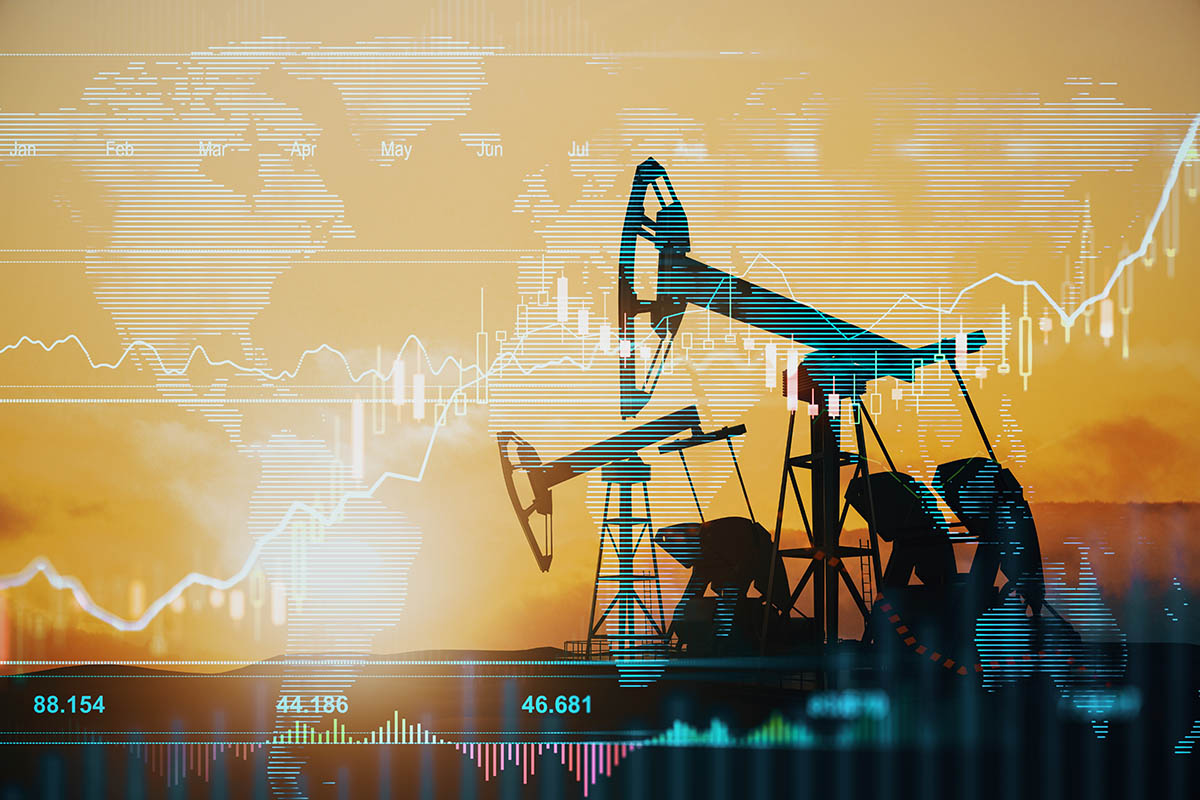Platform Solutions for VR Oil Trading Environments
The world of oil trading has witnessed significant transformations over the years, driven by technological advancements, market dynamics, and the quest for more efficient and profitable trading strategies. One of the latest developments in this field is the integration of virtual reality (VR) technology, promising to take oil trading beyond the confines of traditional desktop setups.
In this article, we will delve deep into the subject of VR oil trading environments, exploring their potential, applications, challenges, and the future they hold for the industry. Discover how oil-z.com revolutionizes the realm of oil trading by leveraging virtual reality to provide an unparalleled platform solution that extends far beyond the traditional desktop interface.
Understanding the Oil Trading Industry: Key Players and Market Dynamics
The oil trading industry is a complex and highly competitive landscape involving numerous stakeholders such as oil producers, refiners, distributors, and speculators. Market dynamics are influenced by factors like geopolitical events, supply and demand fluctuations, and economic conditions, making it imperative for traders to stay well-informed and agile in their decision-making.
Challenges Faced by Oil Traders
Oil traders face various challenges, including price volatility, geopolitical risks, and the need for real-time data analysis. Traditional trading platforms have limitations in providing immersive and dynamic experiences, often hindering traders from making quick and well-informed decisions.
Virtual Reality: A Game-Changer for Oil Trading: Benefits of VR in Oil Trading Environments
- Enhanced Visualization and Data Analysis: VR platforms provide traders with immersive 3D visualizations of market data, enabling them to identify trends and anomalies more effectively.
- Realistic Simulation and Training: VR allows traders to simulate real trading scenarios, helping them practice strategies, test hypotheses, and refine their skills in a risk-free environment.
- Improved Collaboration and Communication: VR-based meeting and collaboration platforms facilitate real-time interaction among traders, analysts, and experts, enhancing decision-making processes.
Challenges and Limitations of Implementing VR
While VR offers numerous advantages, its implementation in oil trading is not without challenges. Issues such as hardware costs, data security, and regulatory compliance must be carefully addressed to ensure a smooth transition to VR-based trading environments.
Current VR Applications in Oil Trading
Case Studies of Early Adopters
Several forward-thinking companies have already ventured into VR-based oil trading. We will examine some of these case studies to understand the practical applications and benefits they have experienced.
Notable VR Platforms and Tools for Oil Trading
- VR Trading Simulators: These platforms provide realistic trading simulations that enable traders to develop and test strategies, improving their decision-making skills.
- VR Analytics and Visualization Tools: VR tools for data analysis offer a unique perspective on market data, helping traders gain deeper insights into market trends and patterns.
- VR Meeting and Collaboration Platforms: VR platforms for meetings and collaboration facilitate seamless communication and knowledge sharing among traders and analysts.
Advancements in VR Technology for Oil Trading
Cutting-Edge VR Hardware
- VR Headsets and Controllers: The evolution of VR hardware has led to more comfortable and immersive experiences, enhancing the usability of VR in trading environments.
- Haptic Feedback Systems: Haptic feedback technology provides tactile sensations to traders, adding another dimension to their interaction with data and simulations.
Software Innovations
- AI and Machine Learning Integration: AI-powered algorithms and machine learning models integrated into VR platforms can assist traders in making data-driven decisions.
- Customizable VR Environments: Tailored VR environments can be designed to meet the specific needs of oil traders, allowing for personalized trading experiences.
Overcoming Implementation Challenges
Addressing Security Concerns
Ensuring the security of sensitive financial data is paramount. VR trading platforms must adhere to rigorous security protocols to protect against data breaches and cyberattacks.
Regulatory Compliance in VR Trading
Adherence to financial regulations is essential. Oil trading companies must navigate the regulatory landscape to ensure that VR trading environments comply with industry standards.
Cost Considerations and ROI Analysis
Implementing VR technology involves significant upfront costs. Traders and organizations need to conduct thorough ROI analyses to justify these investments and measure their long-term benefits.
The Future of VR Oil Trading Environments
Potential Market Growth and Adoption Trends
The adoption of VR in oil trading is expected to grow steadily as technology matures and awareness of its benefits spreads throughout the industry.
Impact on Trading Strategies and Decision-Making
VR oil trading environments have the potential to reshape trading strategies and enhance decision-making processes, making them more efficient and data-driven.
Ethical and Social Considerations
The integration of VR technology also raises ethical and social questions, such as the potential for automation to displace human traders and the need for ethical guidelines in VR-based trading.
Conclusion
In summary, VR oil trading environments stand as a compelling frontier in the ever-evolving landscape of the oil trading industry. Their capacity to enrich data visualization, foster collaborative efforts, and elevate the quality of decision-making paints a vivid picture of the future of oil trading.




















